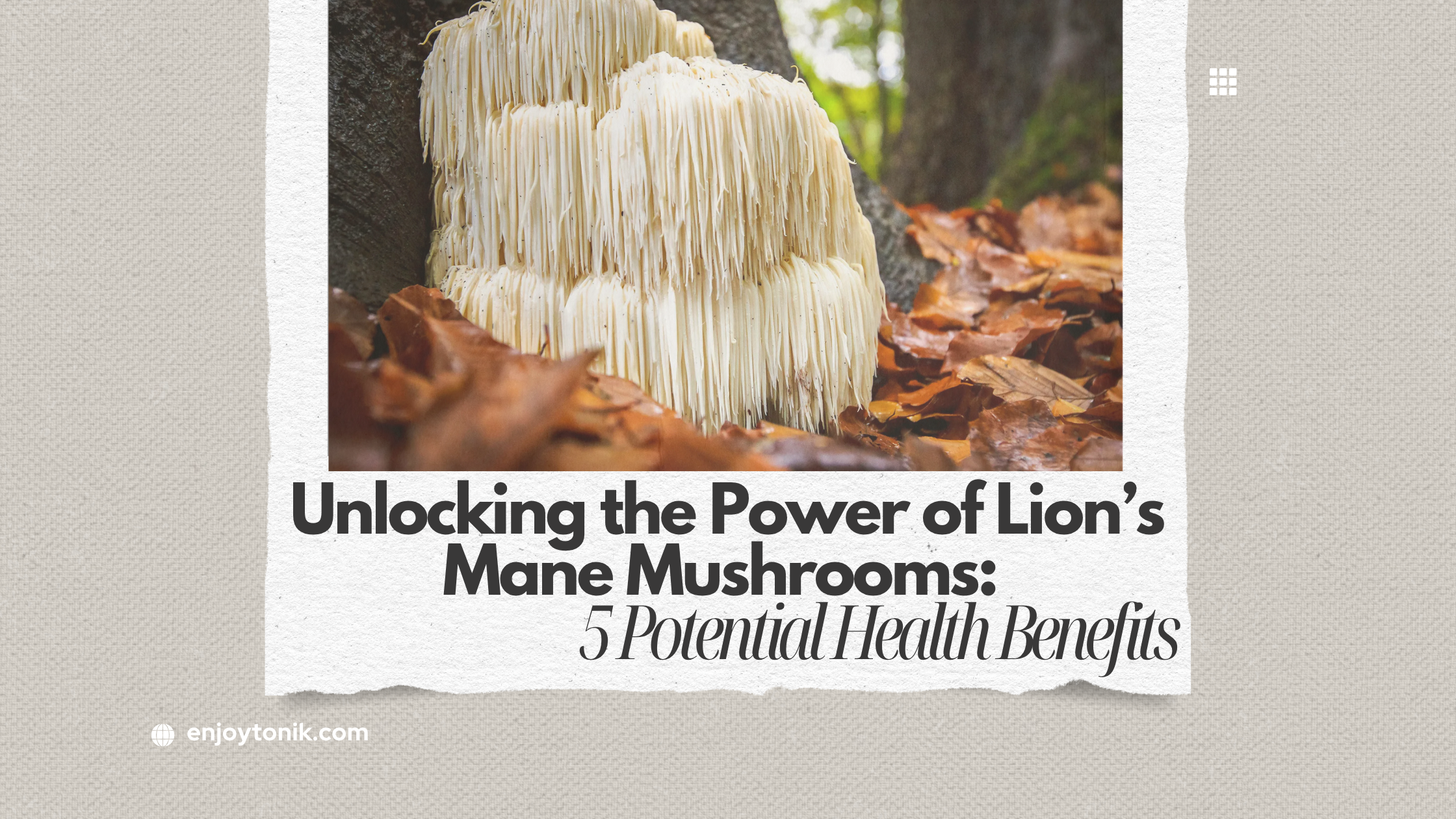Explore the science behind CBN for sleep, including how this natural cannabinoid may support deeper rest and reduce sleep disturbances.
What Is CBN? A New Player in the Natural Sleep Aid World
If you're struggling with restless nights and on the hunt for a natural sleep aid, you may have come across a lesser-known cannabinoid: CBN. Short for cannabinol, CBN is gaining attention for its potential sleep-promoting effects—without the intoxicating high associated with THC.
CBN is formed when THC, the primary psychoactive compound in cannabis, breaks down over time. This process is accelerated by exposure to heat, oxygen, and light. While other cannabinoids like CBD and THC are better studied, CBN is starting to shine for its calming properties and its possible role in supporting sleep quality.
Beyond THC: Is CBN Really the Sleep Secret?
CBN is best known for helping with sleep. Because it’s created by oxidizing THC, which has sedating properties, experts often recommend it as a sleep aid. It is known to help with a range of sleep issues, including nighttime wakings… pic.twitter.com/8n3fLpAYpT
— Carver Johns (@CarverJohns) June 2, 2025
A recent placebo-controlled study found that a low dose of CBN (20 mg) helped reduce nighttime awakenings and overall sleep disturbance—even though it didn’t significantly improve total sleep time. For many adults who face occasional insomnia, that reduction in sleep disruption could be a game changer.
So, what makes CBN worth trying, and what do we actually know so far? Let’s break down the five potential benefits of CBN—especially for those seeking a more natural path to better sleep.
1. May Support Better Sleep and Fewer Nighttime Awakenings
One of the most talked-about CBN benefits for sleep is its potential to help people fall asleep more easily and stay asleep longer. While human studies are still limited, early research shows promise.
In a 2024 study published in Experimental and Clinical Psychopharmacology, researchers found that participants who took 20 mg of CBN experienced fewer nighttime awakenings and reported better sleep quality overall. Though the effect wasn’t drastic, it was statistically significant—meaning this cannabinoid may help reduce tossing and turning without sedative side effects.
Unlike THC, which is intoxicating, or over-the-counter sleep aids that can leave users groggy, CBN may offer a gentle, non-intoxicating approach to improving sleep. It’s available in tinctures, capsules, gummies, and even infused drinks—making it easy to integrate into a bedtime routine.
2. Shows Potential for Pain Relief
Beyond sleep, CBN may also help with pain management. Research suggests that CBN works on the bo

dy’s endocannabinoid system—the same system that regulates pain, mood, and appetite.
While most of the data comes from animal models, studies show that CBN may reduce pain sensitivity and inflammation. This could make it a helpful option for people who struggle with pain-related sleep disturbances, such as those caused by arthritis or chronic conditions.
Though not yet FDA-approved for this use, CBN’s role in reducing discomfort at night is one reason why some wellness seekers are turning to it as a dual-purpose remedy.
3. May Boost Appetite and Support Immune Health
Another potential benefit of cannabinol is its effect on appetite. Like THC, CBN may stimulate hunger—but without the intense psychoactive effects. This could be useful for individuals managing conditions that affect appetite, such as cancer treatments or chronic illness.
💤 Did you know about CBN? 💤
CBN is known for its unique, sedative qualities, making it a go-to for those seeking a good night’s sleep. 🌙 Unlike CBD, which helps with calm, CBN goes a step further, promoting drowsiness naturally. pic.twitter.com/nyFzyr4tDg
— Voltaire Dispensary (@shopvoltaire) November 16, 2024
Some researchers also believe that CBN may have a role in immune system support, thanks to its interaction with immune-regulating pathways in the endocannabinoid system. While more human studies are needed, this area of research continues to grow, especially as people look for functional supplements that support overall health and well-being.
4. Contains Anti-Inflammatory and Neuroprotective Properties
Chronic inflammation is associated with everything from joint pain to cognitive decline. Early lab studies suggest that CBN may act as an anti-inflammatory and antioxidant, helping protect brain cells and reduce oxidative stress.

Some scientists are even exploring CBN’s role in slowing the progression of neurodegenerative conditions like ALS and Parkinson’s. While we’re far from conclusive results, this adds to the growing interest in CBN as a natural wellness tool with broad potential.
5. May Offer Support for Conditions Like Glaucoma and ADHD
Emerging research suggests that CBN may also support eye health, particularly for people with glaucoma. Additionally, some studies are exploring whether CBN could help manage symptoms of attention-deficit/hyperactivity disorder (ADHD) by promoting calmness and focus.
That said, most of these benefits remain speculative until more peer-reviewed human studies confirm them. For now, CBN for sleep remains the most researched and promising use.
Is CBN Right for You?
If you’re considering CBN for better sleep, it’s important to remember that everyone reacts differently to cannabinoids. The good news? CBN appears to be well-tolerated and non-intoxicating, though you should always consult a healthcare provider before adding any new supplement to your routine—especially if you’re taking medication or managing chronic health issues.
With more people searching for non-habit-forming ways to rest better, CBN may offer a gentle, plant-based path to deeper sleep. Whether taken on its own or paired with other natural aids like melatonin, it’s worth exploring as part of your nighttime wellness ritual.
















